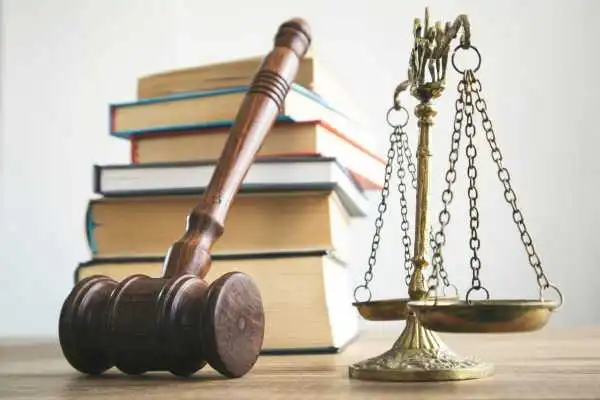Virtual classrooms have reshaped education in Atlanta and beyond, offering flexibility and innovation. However, this shift has also introduced complex legal problems that schools, teachers, and families need to address. From privacy concerns to compliance with state laws, these challenges can have lasting impacts on educational outcomes and legal responsibilities.
Below, we break down five key legal problems linked to virtual classrooms in Atlanta and what actions can help resolve them.
1. Privacy Concerns for Students and Families
One of the most significant legal challenges in virtual education is protecting student privacy. Georgia schools must comply with federal laws like the Family Educational Rights and Privacy Act (FERPA), which governs the protection of student records. However, in the digital space, concerns extend beyond typical records to include the security of live video feeds, chat messages, and recorded lessons.
For example, many Atlanta-area schools faced backlash when students were accidentally exposed to inappropriate or unrelated content during remote sessions. Such incidents underscore the need for robust cybersecurity measures and clear parental consent forms. Schools must invest in secure platforms and educate teachers on using these tools without compromising student data.
2. Accessibility Issues and Disability Rights
Accessibility challenges in virtual classrooms have spurred legal debates, particularly under the Americans with Disabilities Act (ADA) and Section 504 of the Rehabilitation Act. Students with disabilities often face greater difficulties engaging in online learning due to poorly adapted digital materials or a lack of assistive technologies.
Take, for instance, a case in which some Atlanta-area schools failed to provide real-time captioning options or compatible learning platforms for visually impaired students. This can lead to lawsuits and legal consequences, as schools are obligated to provide equitable learning opportunities.
3. Blurred Teacher-Student Boundaries
Virtual education often erases the physical boundaries that exist in traditional classrooms. This raises concerns about inappropriate communications and interactions between teachers and students outside specific teaching hours. Georgia educators are bound by a professional code of ethics, but the informal nature of online platforms (e.g., direct messaging apps) can sometimes cross legal or ethical lines.
For schools in Atlanta, setting firm boundaries is essential. Policies should outline acceptable forms of communication, mandate the recording of all interactions, and provide training for teachers to maintain professionalism in a digital setting. Addressing these concerns early can prevent misunderstandings and eliminate potential legal disputes.
4. Intellectual Property Conflicts
Creating virtual lesson plans often involves sharing original content, recorded lectures, or curated materials. This has led to disputes over intellectual property (IP) rights between teachers, schools, and content creators. For example, some Atlanta educators have sought copyright protection for their unique educational materials, but schools often argue that such resources are part of their contractual obligations.
Developing clear guidelines regarding ownership of virtual content is critical. Schools should revise teacher contracts to reflect the shared rights or exclusive ownership of materials produced during employment. Meanwhile, educators should understand their rights and negotiate terms accordingly before contributing copyrighted content.
5. Compliance with Georgia Education Laws
Last but not least, virtual classrooms must adhere to various state education laws, including attendance tracking and standardized testing requirements. For instance, Georgia law mandates that public schools maintain strict attendance records, even in a virtual setting. This has resulted in legal disputes when parents or schools failed to agree on whether a student was “present” during remote learning.
To avoid such conflicts, Atlanta schools must adopt clear protocols for attendance tracking and ensure students, parents, and teachers fully understand their responsibilities. Regular audits and updates to align with state regulations can also help prevent inadvertent violations.
Conclusion
Virtual classrooms in Atlanta represent both exciting possibilities and pressing challenges. Addressing legal issues head-on through proactive measures can create safer, more effective learning environments for all students. Schools must prioritize privacy, accessibility, professionalism, and compliance to avoid legal pitfalls and meet the needs of an evolving educational landscape.


